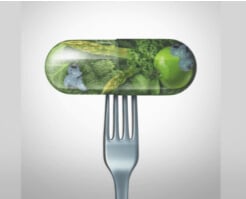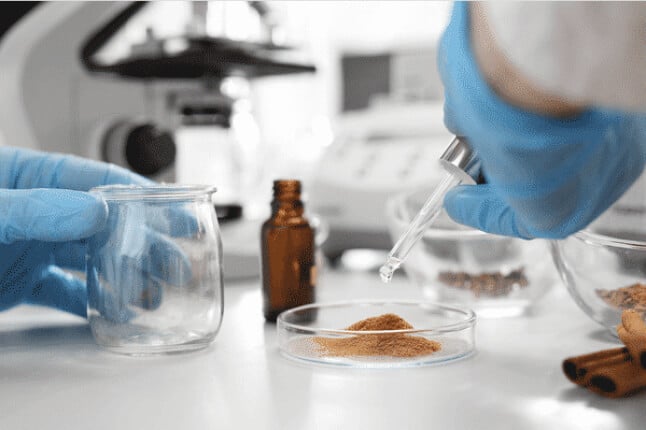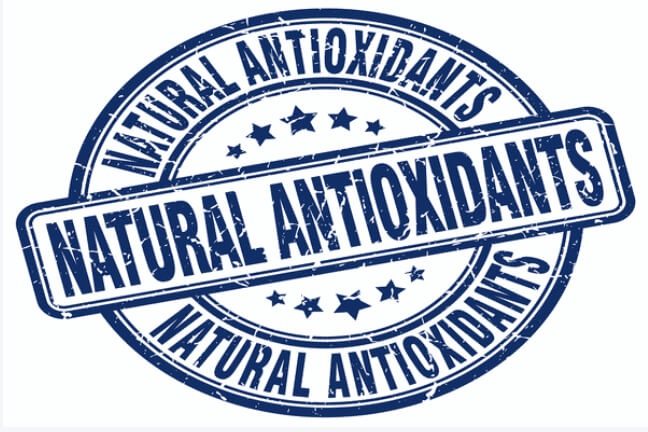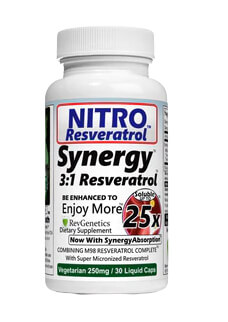What are Resveratrol Recent Studies?
Scientific research shows that resveratrol can slow the functional decline and aging of mice that are on a regular diet, but it hasn't been proven to increase lifespan if started at what's considered “middle age”. A National Institute on Aging (NIA) study supports the 2006 finding that resveratrol enhances the lifespan and health of older, overweight mice. This research suggests that resveratrol, which can be found in grapes, blueberries, and nuts, mimics the effects of caloric restriction. A calorie-restricted diet is one of the most effective ways to lessen the incidence of age-associated disease and deterioration. [1]
This discovery may mean more interest in resveratrol as an anti-aging supplement, but it should be noted that the findings are based on animal research- and that the data may not apply to people. A person's health is affected by more variables than that of a mouse. The NIA study is a joint effort between the Laboratory of Experimental Gerontology, Scientists of the Glenn Laboratory for Molecular Biology and Aging at Harvard Medical School, and an international research team. Different groups of mice were fed a high-calorie diet, a standard diet, and an every-other-day feeding plan, with or without resveratrol supplementation. This experiment was intended to examine the impact of resveratrol on longevity and health. In other studies, caloric restriction has been shown to improve health.[2][3]
Ongoing research seeks to understand the aging process and how supplements can put a stop to it. Caloric restriction can improve health, as we mentioned earlier, and resveratrol can mimic the effects of a low-calorie diet in mice- but its effects on people remain to be seen. The compound prevented age- and Obesity-associated heart function decline, with a reduction in Cholesterol for the non-overweight mice and a slight drop in triglyceride levels. The arteries of both overweight and normal-weight mice functioned better with resveratrol, and cardiac +Inflammageing decreased as well.[4]
Other positive effects in mice included:
- Better bone health when volume, thickness, density, and stiffness were measured.
- Enhanced coordination and balance with age. Fewer cataracts were reported as well.
- Resveratrol mimicked the effects of caloric restriction on the bones, liver, and fatty tissue.
Resveratrol showed beneficial effects on the health of the mice, and it might also lengthen the lifespan of mice on a calorie-restricted diet. No effect was shown for mice on a standard diet, suggesting that resveratrol doesn't affect the entire aging process. Mice on an every-other-day feeding plan lived longer than the mice on a high-calorie diet, whether or not they received resveratrol. Effects on body weight and longevity may be independent of each other. Improved heart and liver health may have also lengthened the lives of the mice.[5]
Resveratrol has immense promise as an anti-aging supplement, but its biological effect in humans remains to be seen. More human experiments need to be done to ensure resveratrol's safe use in humans.
References:
- https://www.pnas.org/doi/abs/10.1073/pnas.94.25.14138
- https://onlinelibrary.wiley.com/doi/abs/10.1002/bies.200900171
- https://onlinelibrary.wiley.com/doi/abs/10.1111/j.1473-2165.2008.00354.x
- https://www.ingentaconnect.com/content/ben/iadt/2007/00000006/00000003/art00004
- https://www.sciencedirect.com/science/article/abs/pii/S0014299910000798








